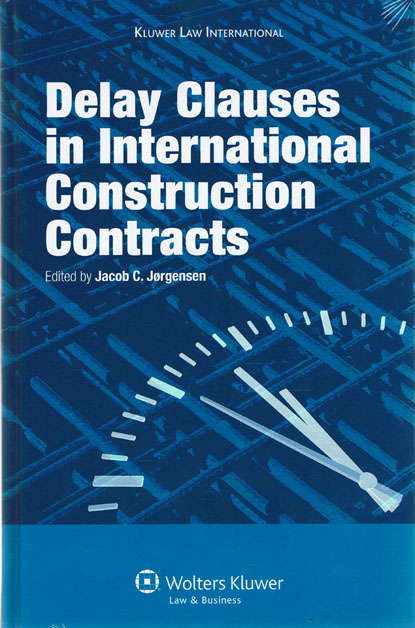
Delay clauses in construction contracts are notoriously inadequate when invoked. The inherent, evidentiary uncertainties surrounding the causes and effects of project delays render them not only difficult to resolve when a dispute arises, but also difficult to regulate contractually.
It is not surprising, then, that the governing law of the contract often plays a role when it comes to interpreting and applying contractual clauses dealing with delays, such as liquidated damages clauses and time extension clauses. And in many jurisdictions the governing law, while asserting the parties’ right to contractual freedom, in fact fully or partly disables such clauses by restraining the employer’s right to claim liquidated damages or imposing unfair contract terms rules.
In this book well-known practitioners from twelve countries that attract large-scale international construction projects describe and analyse the interpretation and application of delay clauses under the laws of their respective countries. In each of their presentations the reader will find in-depth responses to the following questions:-
As an eminently practical guide to relevant local law for project managers, engineers, consultants and others concerned in the administration and planning of major construction projects, this book will prove to be a very welcome resource. It will also be very helpful to legal advisors involved in the drafting and negotiation of major international construction contracts and/or in dispute resolution proceedings.